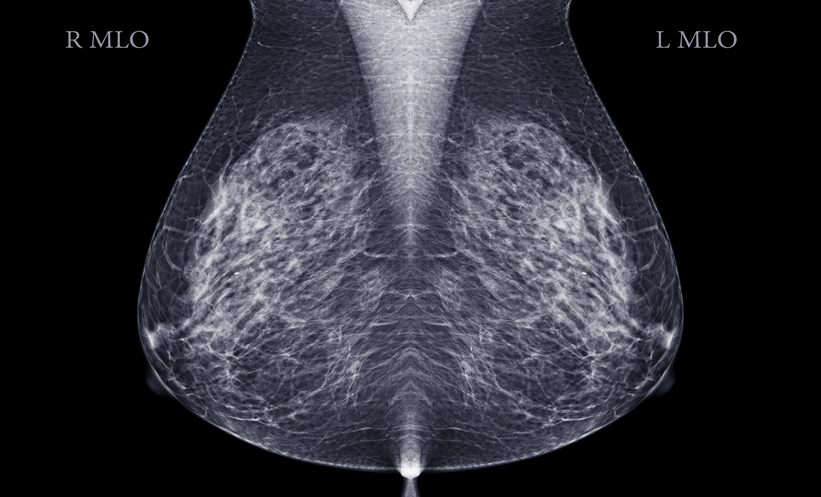AI-assisted navigation can enhance the coordination and delivery of specialty cancer services for patients with suspected pancreatic cancer, according to new research. The innovative system, developed at Northwell Health Cancer Institute, New York, USA, leveraged natural language processing (NLP) to flag radiology reports indicative of potential pancreatic cancer, expediting the entire care process.
“A quarter of our patients [who] are diagnosed with pancreatic cancer die within 1 month,” stated lead author Daniel King, Northwell Health Cancer Institute. “We know that time to treatment is an important endpoint because we can see that treatment within 6 weeks is already a favourable prognostic indicator of survival.”
The multi-step AI-guided workflow involved an NLP classifier identifying suspicious radiology reports daily, a coordinator verifying these findings, and a gastrointestinal oncologist and navigator managing specialty oncology referrals and tumour board coordination. Additionally, a clinical research coordinator pre-screened patients for research studies. Patients who were hospice-bound or had non-pancreatic ductal adenocarcinoma malignancies were excluded from this streamlined process.
Comparative analysis before and after AI implementation highlighted significant improvements. Prior to the AI system, patients faced a mean wait of 22 days for a biopsy, 32 days for an oncology visit, and 56 days for treatment initiation, with only 17% referred to the pancreatic multidisciplinary clinic (PMDC). Furthermore, monthly averages indicated that 1.8 patients were approached for biospecimen studies, with only 1.5 consenting and 0.9 enrolling.
Post-implementation, out of 1,666 flagged reports in a month, 38 patients were newly suspected of having pancreatic cancer. Of these, 53% underwent biopsy, 50% saw an outpatient oncologist, 29% were referred to the PMDC, and 42% received treatment at the institution. The mean time to biopsy reduced to 7 days (P<0.01), with oncology visits occurring at 15 days and treatment initiation at 34 days. The approach led to an increase in monthly biospecimen study participation, with 4 patients approached, 4 consenting, and 3.2 enrolling.
The AI-assisted navigation workflow proved effective in identifying patients earlier in the diagnostic timeline, increasing patient referrals to the PMDC, and reducing times to biopsy, follow-up, and treatment initiation. Over the next 2 years, the team hopes to expand this study into a larger, randomised trial with a bigger sample size.
Ada Enesco, EMJ
Reference
John KM et al. An AI-assisted navigation approach for patients with radiographic suspicion of new pancreas cancer. Abstract 11002. ASCO Annual Meeting, 30 May-4 June, 2024.








